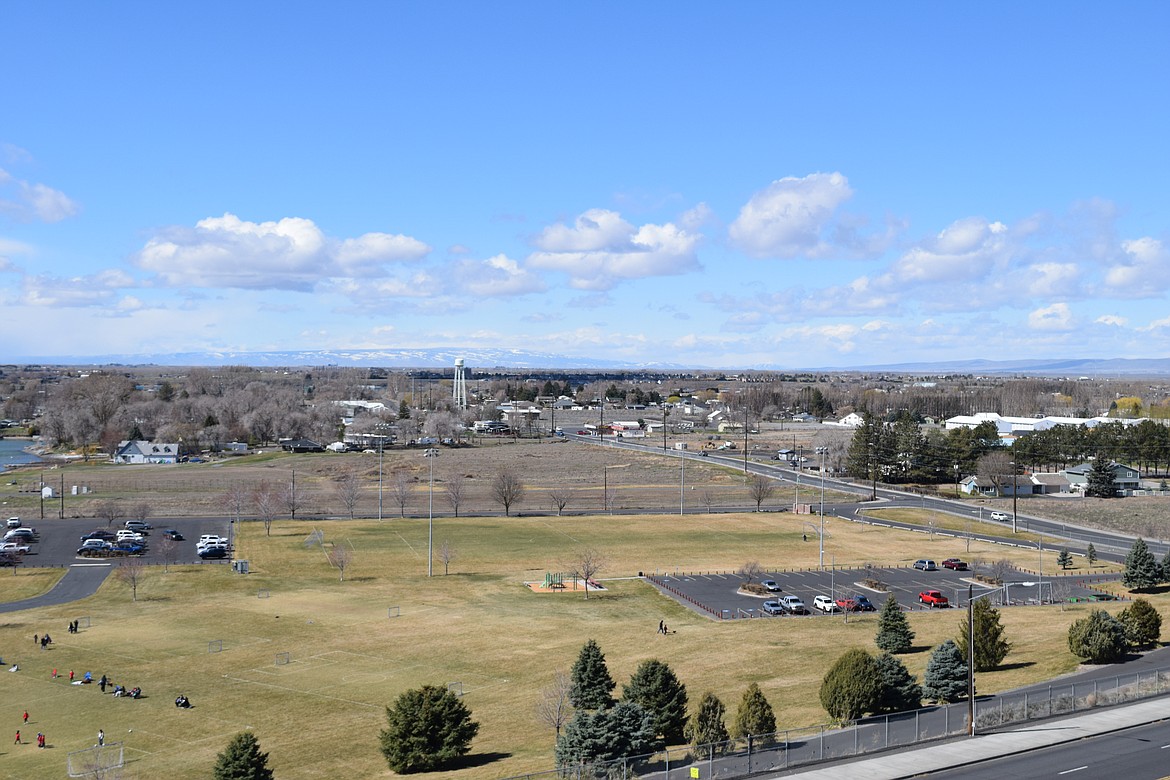ML looking at Cascade Valley, Wheeler utility expansion
MOSES LAKE — The city of Moses Lake is looking at ways to expand sewer and water coverage to areas of Cascade Valley outside the city limits as well as improve the water supply and sewage treatment for businesses along Wheeler Road.
Become a Subscriber!
You have read all of your free articles this month. Select a plan below to start your subscription today.
Already a subscriber? Login



